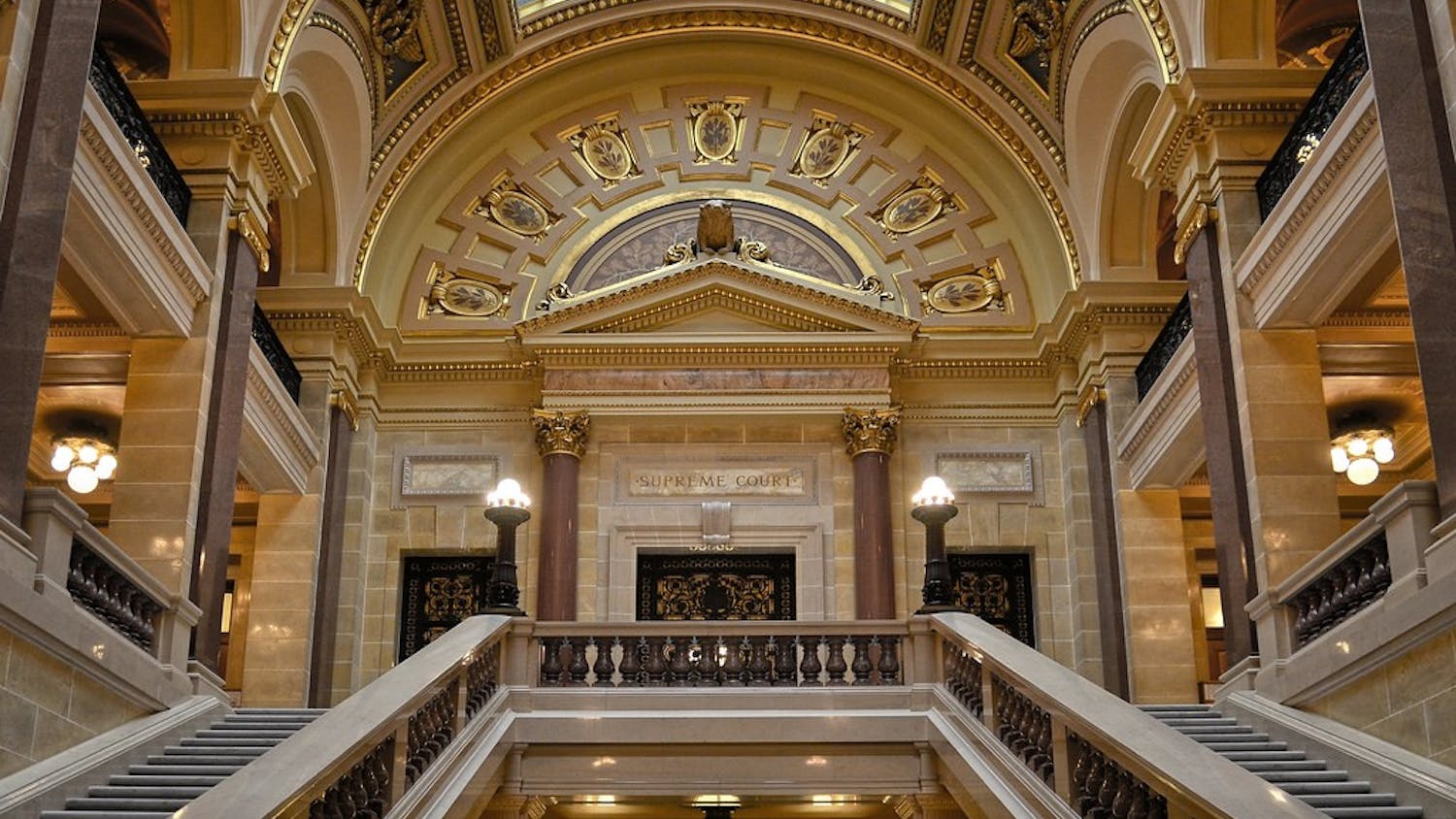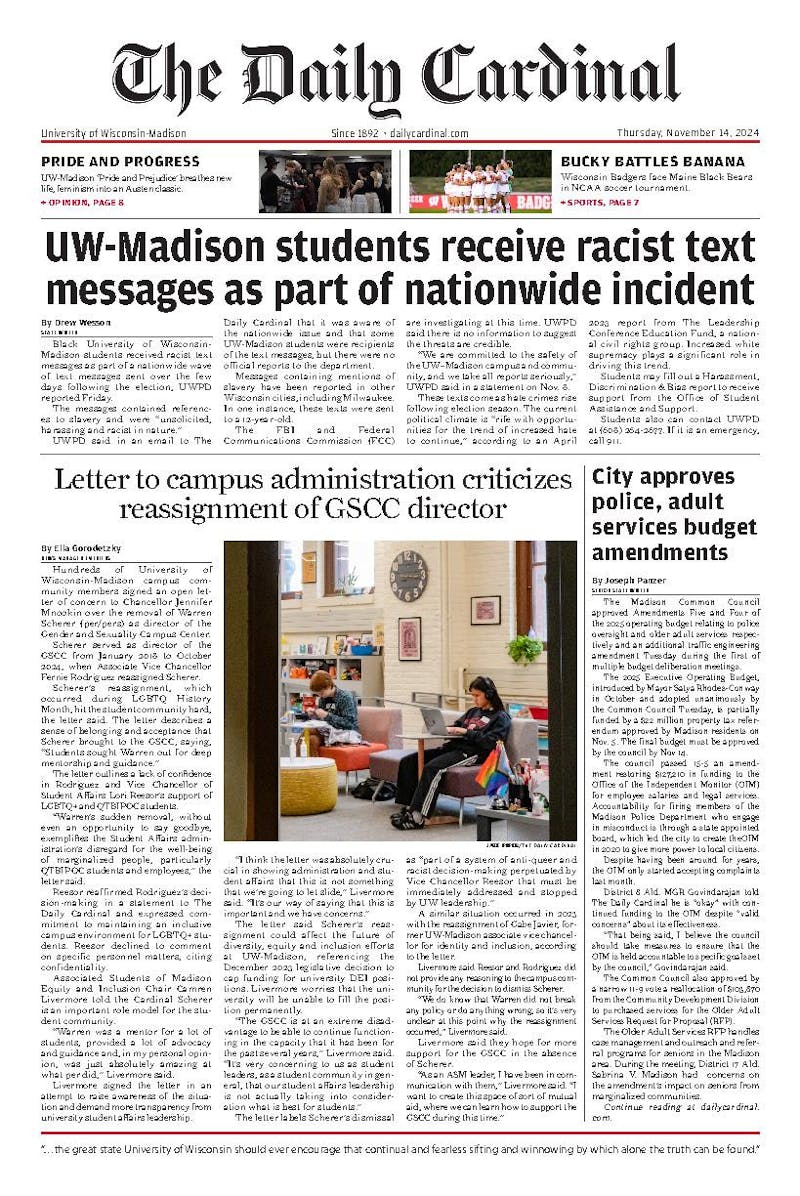Wisconsin State Superintendent Jill Underly proposed a $4 billion increase in state funding for her 2025-27 public education budget Monday to address the financial constraints Wisconsin public schools are currently facing.
Underly’s proposal targets special education reimbursements, nutrition, mental health resources and teacher retention.
Gov. Tony Evers announced a $4.5 billion state surplus in October following the end of Wisconsin’s fiscal year. Evers said the surplus will guide the next two-year state budget, addressing “needs that have been long neglected.”
Underly’s call to lawmakers to increase state funding of public education comes at a time when many public schools frequently rely on local referendums to aid in operations and improvements.
“Too many of our school districts across the state are forced to go to referendum just to keep the lights on and our teachers in the classroom,” Underly said in a statement Monday. “Our Legislature has woefully underfunded public education to the detriment of our kids and communities.”
The new spending would increase the special education imbursement rate from 31.5% to 90%, adding up to $2 billion in the biennium.
“These are mandated services and schools need the help,” Underly said. “Our proposal puts us on a path to achieve that goal in the coming years.”
Additionally, Underly’s proposal includes a per student increase to revenue limits to $425 in the first year and $437 in the second year, totaling $1 billion over the biennium to provide sustainable funding for Wisconsin public schools. Property tax increases would be limited to an average of 1.5% over the biennium.
The proposal includes a $212 increase for aid funding, $20 million to reduce chronic absenteeism and $10 million to reimburse local education agencies for uncovered special education expenses.
Rep. Francesca Hong, D-Madison, said in a statement Monday that Underly’s proposal will create sustainable funding for Wisconsin public schools and relieve the financial constraints many school districts, educators and students are facing due to the Legislature’s “austerity.”
“The Wisconsin Legislature has the resources our kids need, yet time and time again, legislative Republicans choose to ignore the widening funding gaps that disadvantage our children,” Hong said. “It’s imperative that we move beyond empty promises and take action.”
Republican majorities in both the state Assembly and Senate diminished following the Nov. 5 election. This will be the first legislative term under new district maps signed by Evers earlier this year.
During a news conference following his reelection as Assembly speaker on Tuesday, Rep. Robin Vos, R-Rochester, said the Assembly is “not in a rush” to spend the state’s surplus. Instead, Vos said Republicans will focus on fighting inflation and “putting the money [Wisconsinites] overpaid back in their wallets.”
In the past, Republicans have rejected increased state funding for Wisconsin public schools.






